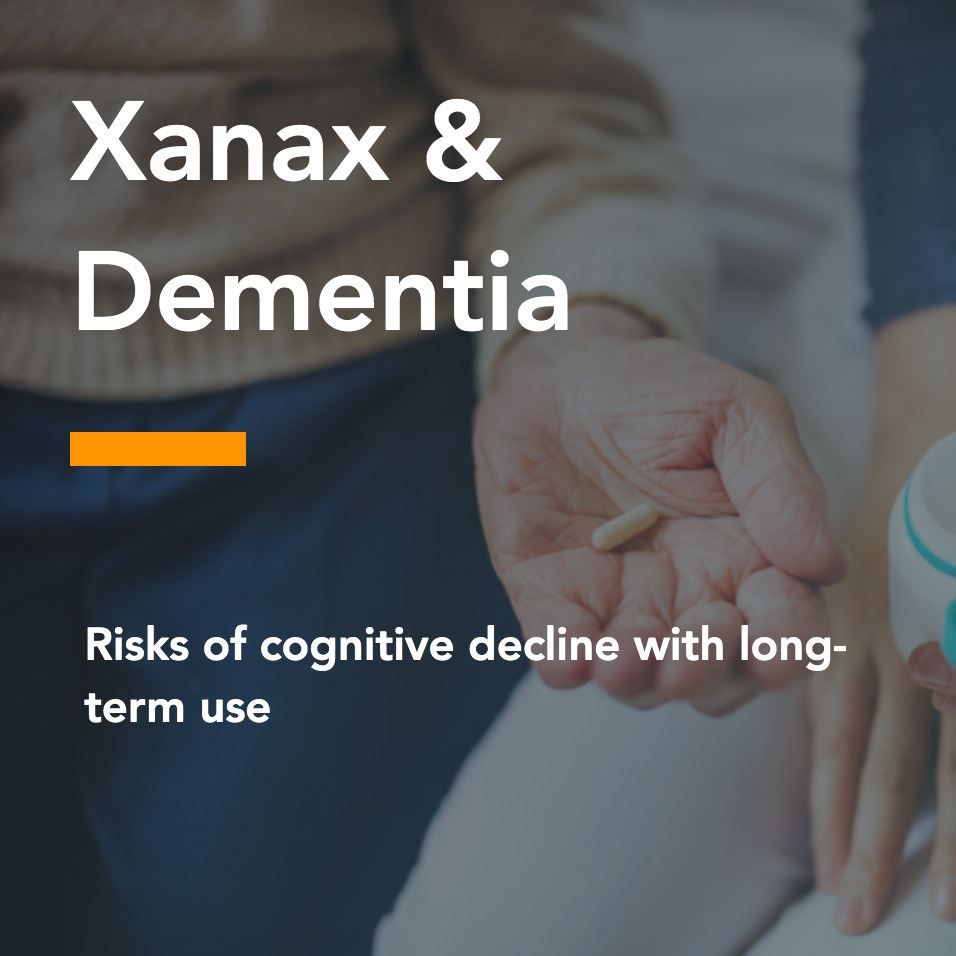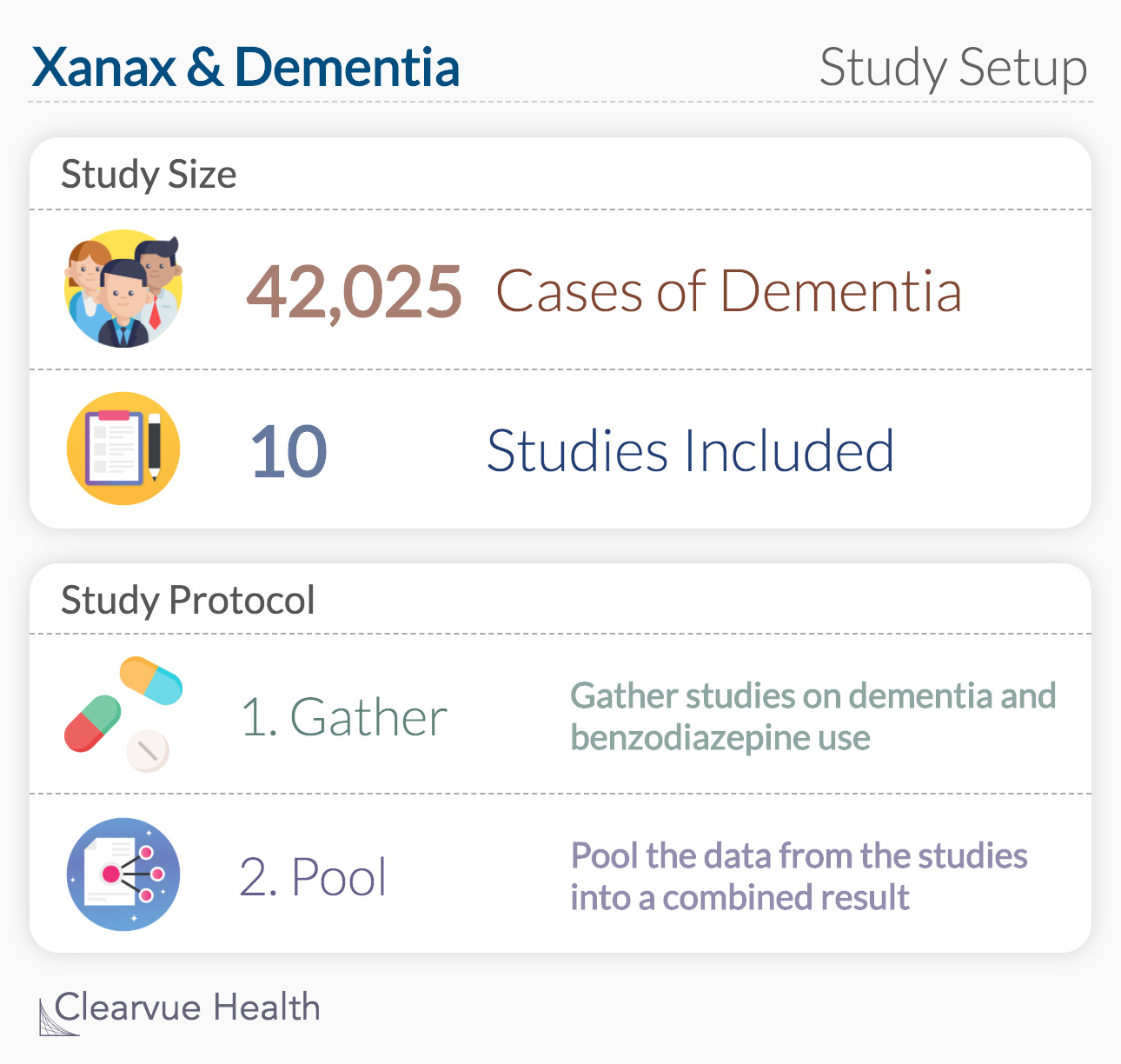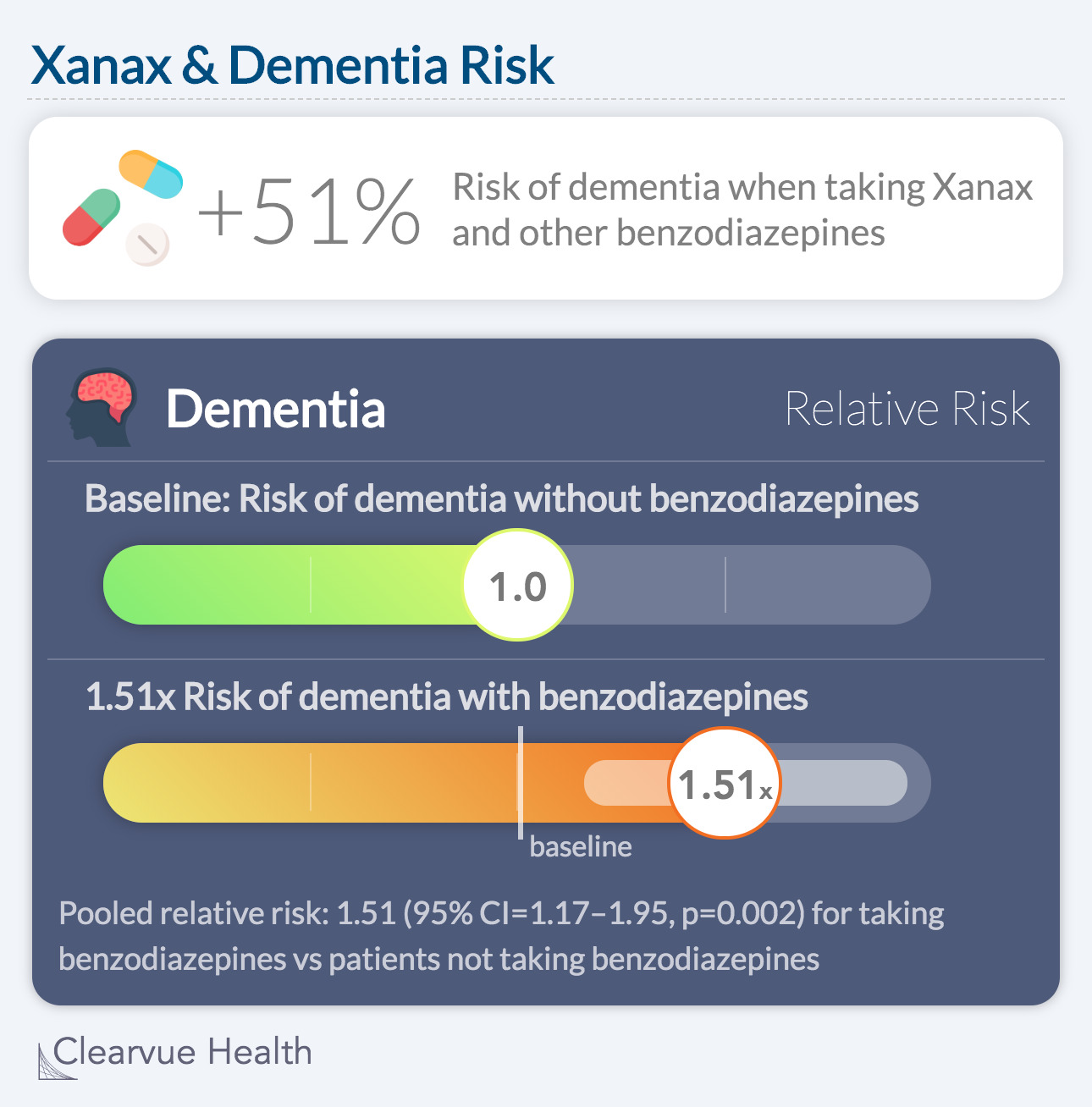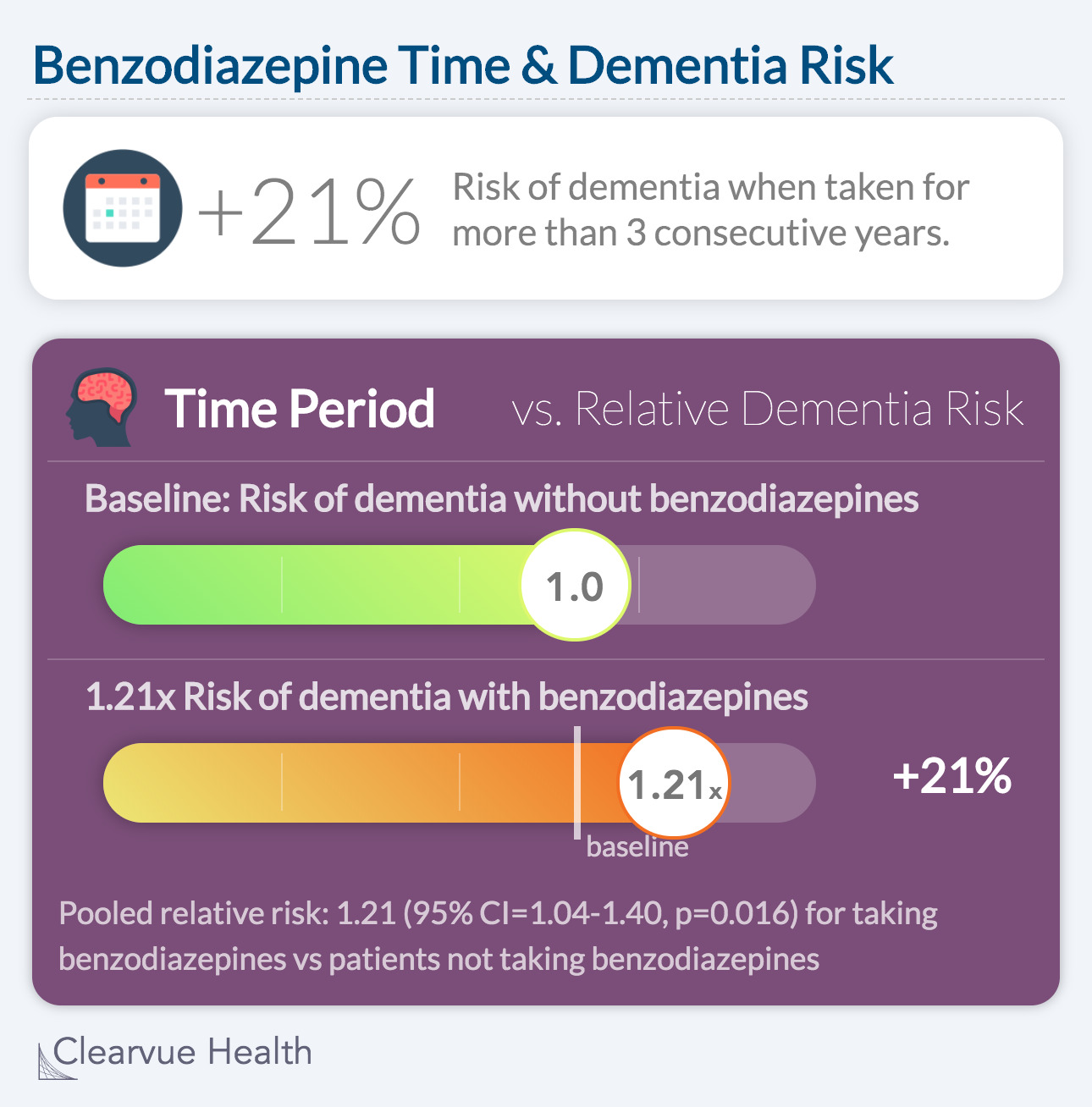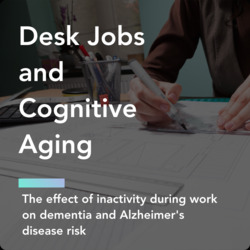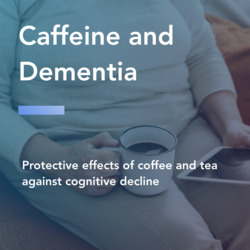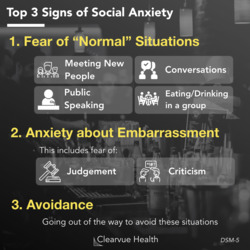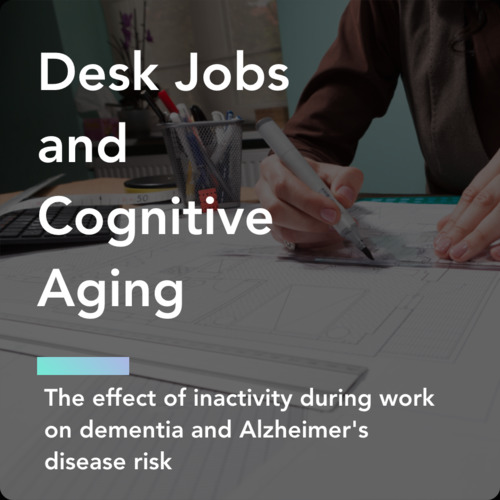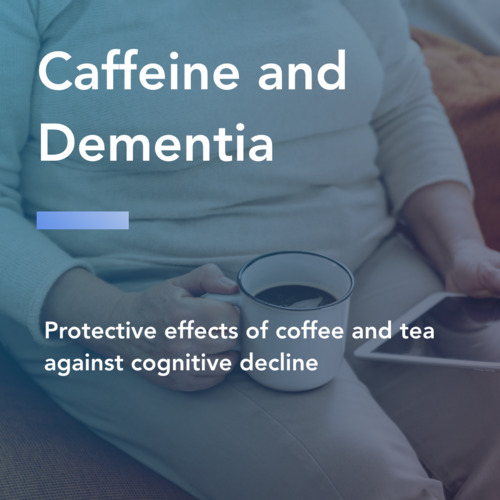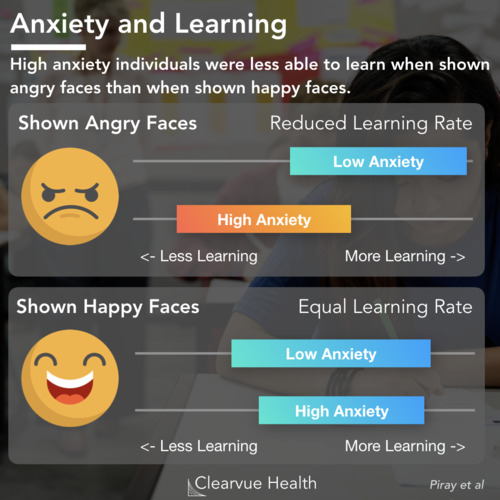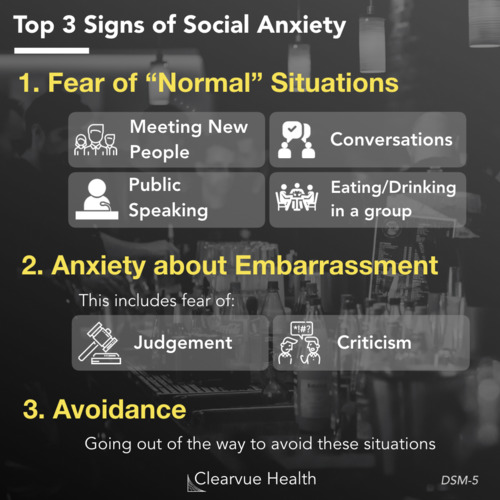During our yearly visits, our primary care doctors tell us to eat well, sleep well, and stay physically active in order to lower our risk of serious medical conditions later in life. A particular condition associated with aging is dementia. Dementia describes various symptoms of cognitive decline. Older adults who develop dementia struggle with memory, communication, and decision-making skills.
Source: CDC Dementia
Experts believe that our health behaviors have a big impact on our likelihood of developing dementia. Lifestyle habits like maintaining a healthy diet and reading are thought to reduce your risk. On the other hand, there are health behaviors that can increase your risk.
For instance: Drugs like Xanax target the chemicals in your brain. The drugs are prescribed as a sedative to treat conditions like insomnia, anxiety, panic disorder, muscle spasms, and more.
These drugs are strictly regulated because they can be strong, addictive, and at high risk for abuse. In this article, we consider how Xanax may affect dementia risk.
Data collection
Experts identified 10 studies published between 2002 and 2017 that examined the use of drugs like Xanax and dementia. Collectively, the studies included 171,939 elderly subjects and 42,025 cases of dementia. Subjects were followed for anywhere from 4 to 20 years.
They investigated the risk of dementia, type of drug, and time period of taking the drug.
Risk of dementia
The majority of studies saw a relationship between the use of drugs like Xanax and an increased risk of dementia. Subjects who reported such use were 51% more likely to develop dementia in their golden years compared to subjects who never took such drugs.
Xanax: Length of Use & Effect Size
Those who used Xanax, or similar drugs, for 3 or more years in a row showed a higher risk of developing of dementia compared to those who only used them in the short term.
There are short, medium, and long-acting versions of drugs like Xanax. Short-acting lasts less than 12 hours, medium-acting lasts 12 to 24 hours, and long-acting lasts 24 hours or more. Researchers measured if the life-span of the drug influenced the risk of dementia.
They found that subjects who took long-acting drugs had a slightly higher risk of dementia compared to short and medium-acting versions. Specifically, subjects who took Xanax-like drugs that lasted 20 hours or more were 16% more likely to develop dementia, which is not a very convincing number.
Drug activity
Though these findings are compelling, we can not state that Xanax and similar drugs directly induce dementia. We must also consider other risk factors, like the conditions that lead to use of these medications in the first place. It is possible that the circumstances leading up to Xanax use play a critical role in a person’s risk of developing dementia later in life.
Patients who take Xanax for a long duration most commonly have cognitive disorders that interfere with their daily lives: sleeplessness, nervousness, depression. People who abuse Xanax, and probably don’t have a prescription from a doctor, could potentially suffer from addiction, substance abuse disorder, or severe withdrawals. Any of these disorders could have their own relationships with dementia.
We may not know the root cause of dementia, but we can improve our ability to avoid, diagnose, and treat. Knowing that Xanax use is associated with a higher risk of dementia, doctors can use this information when considering a dementia diagnosis and treatment strategy.
